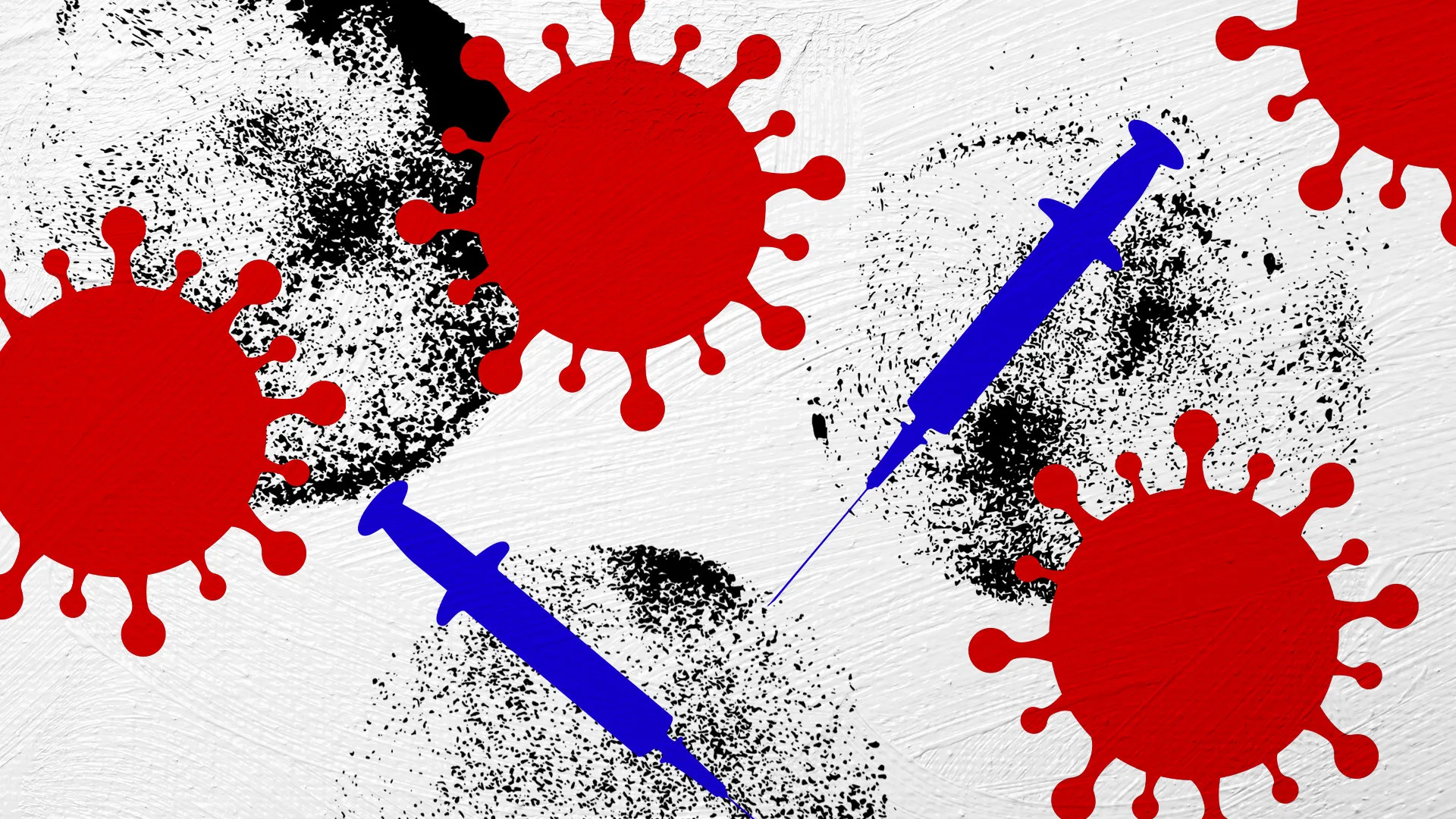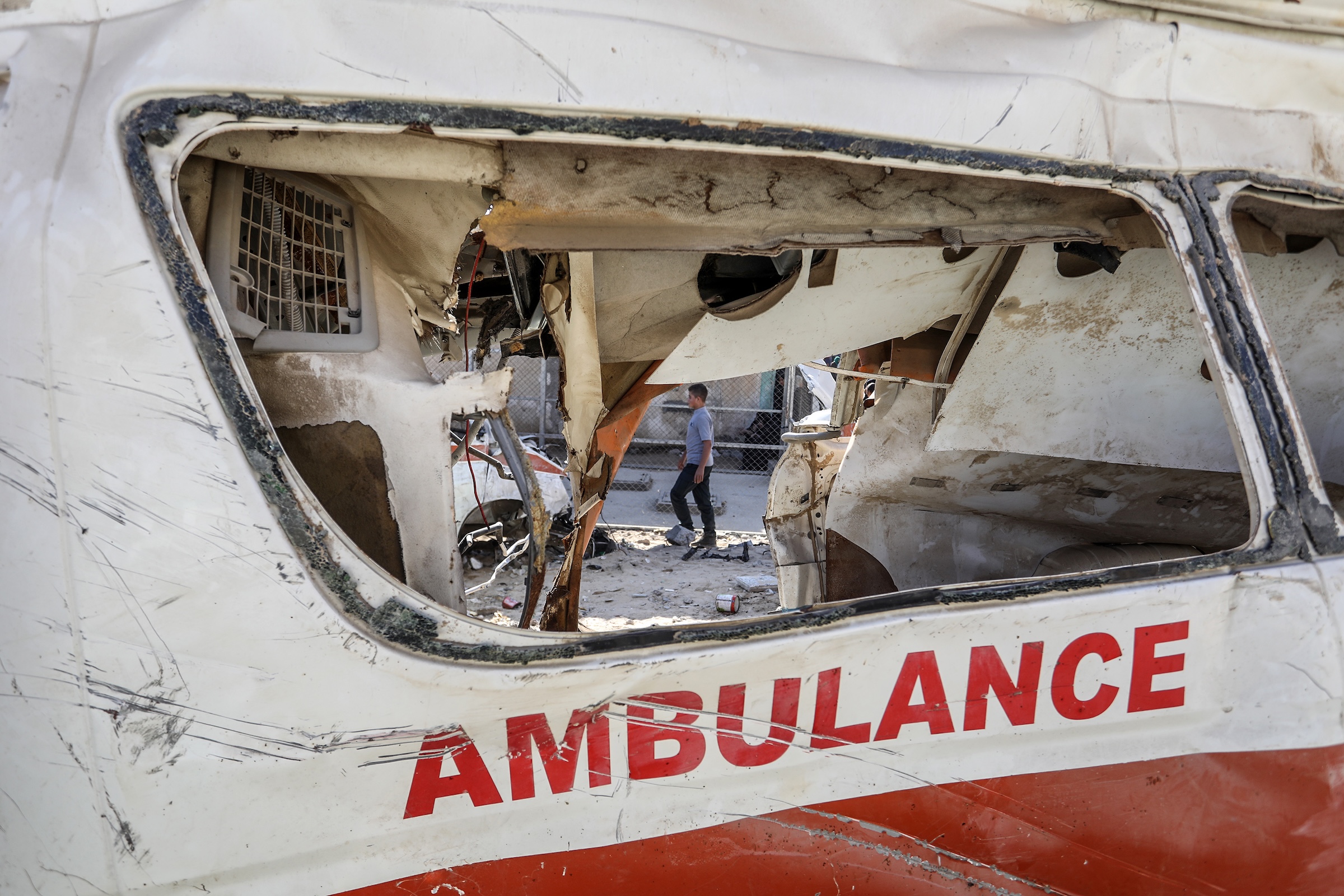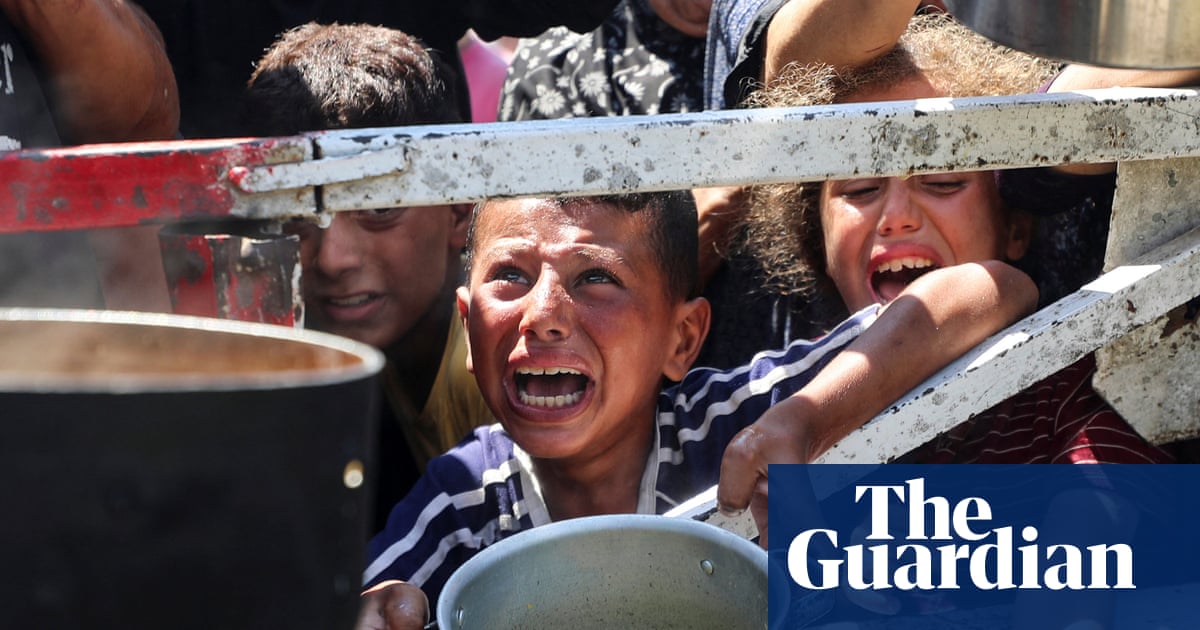#world-health-organization
#world-health-organization
[ follow ]
#gaza #us-withdrawal #medical-evacuation #humanitarian-crisis #who-politicization #covid-19-lockdowns
fromenglish.elpais.com
2 months agoWHO rejects request from Bolivia and Colombia to remove the coca leaf from list of most-persecuted substances
Coca leaves will remain on the list of highly dangerous substances, where they have been for over 60 years. The window of opportunity that had opened for their removal has just been shut: the World Health Organization (WHO) has recommended keeping them on Schedule I the most restrictive of the 1961 Single Convention on Narcotic Drugs. Bolivia's request to declassify coca leaves, which Colombia had enthusiastically supported, has been met with a major setback.
Public health
[ Load more ]





